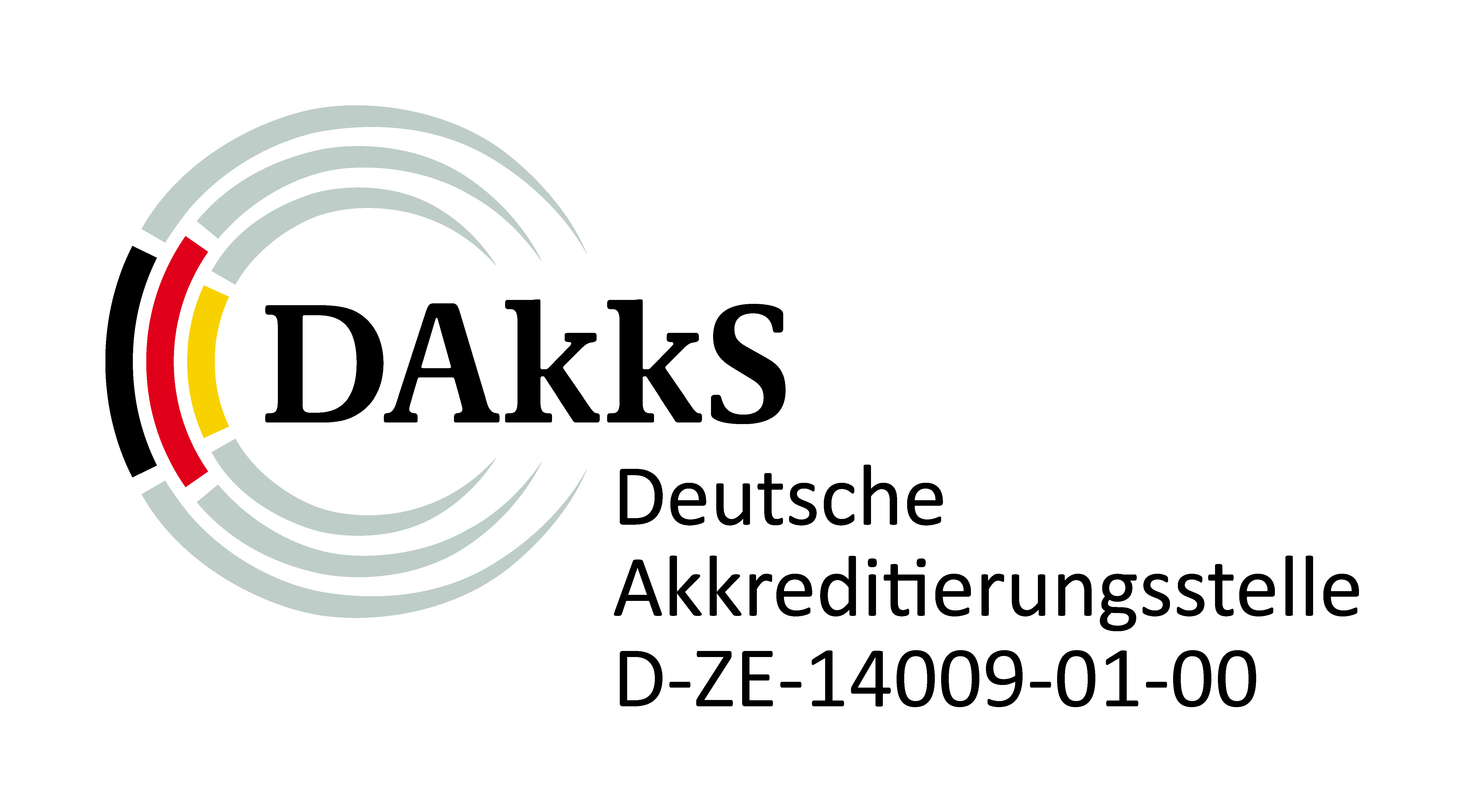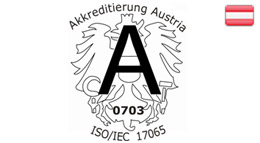Organic Farming
Organic agricultural produce is the basis for producing healthy and high quality organic products. Legislative authority has laid down all regulations for the production, processing and labelling of organic products in the Organic Regulation, Commission Regulation (EC) No 834/2007 and the accompanying guidelines hereto, Commission Regulation (EC) No 889/2008.
Fertile soil, maintained by implementing diversified crop rotation and animal husbandry well-suited to local conditions, provides the nutrients for healthy, strong plants thereby forming the basis for organic farming. Preventive measures, such as the selection of suitable varieties, serve to protect the plants against disease.
The high standards of animal welfare, regular access to open land or pastures, feeding of organic feed, animal husbandry practices that strengthen natural immunity and use of herbal and homeopathic medicines assure the consumer that food is produced of a high quality.
Conversion to organic farming begins with registering the farm for the control process with the control body. At this point, the entire agricultural operation with all of its production lines is documented in a description of the operation.
LACON certifies with auditors having practical experience: agronomists, farmers, bee-keepers, horticulturalists, wine-growers, fish breeders and orchard farmers. The LACON auditor carries out an announced inspection once a year and may conduct additional unannounced inspections during the year during which seeds, propagation material, fertilizing, plant protection means, purchase of animals, feeding and keeping of animals, balancing quantities and labelling of organic products are verified. Permitted exceptions to certain regulations of the EC Organic Regulation are also verified by the LACON auditor.



